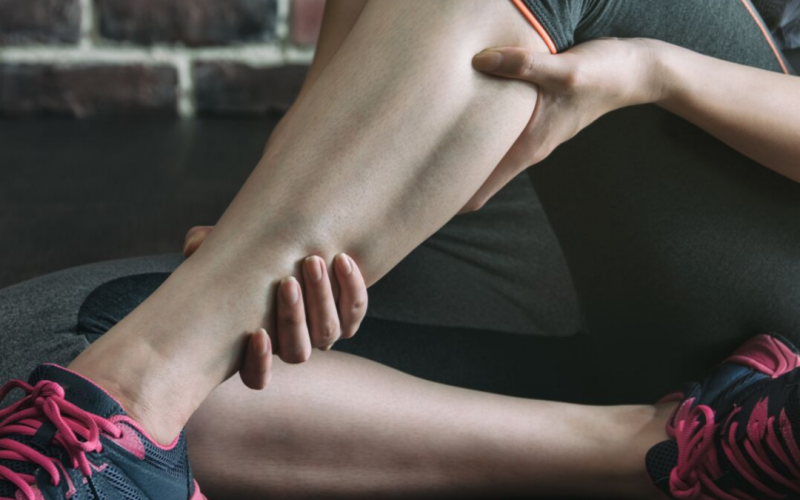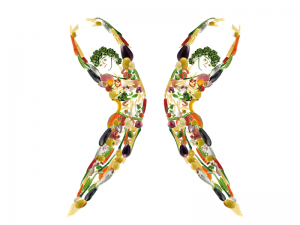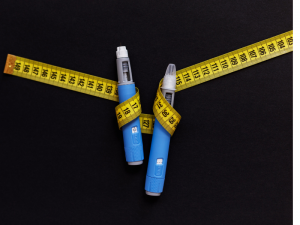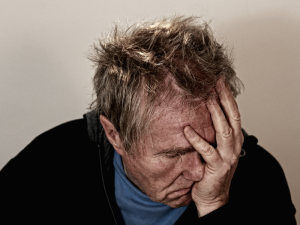Almost everyone experiences muscle cramps at some point. Whether you’re drifting off to sleep or out for a long walk, the sudden stiffness, tightness, and pain in your calf or foot can be excruciating. These cramps are caused by involuntary contractions or spasms of one or more muscles. In addition to the foot and calf, common areas prone to cramping include the front and back of the thighs, hands, arms, abdomen, and muscles along the ribcage.
A muscle cramp is defined as a sudden, involuntary contraction of a muscle or group of muscles. While generally temporary and harmless, the pain can range from mild to severe.
What Causes Muscle Cramps?
Muscle cramps can result from various factors, including:
- Poor blood circulation in the legs
- Overexertion of the muscles during exercise
- Insufficient warm-up or stretching before physical activity
- Exercising in hot conditions
- Muscle fatigue
- Dehydration
- Deficiencies in magnesium, potassium, or calcium
- Nerve issues due to illness, spinal cord injury, or nerve entrapment
- Or as a side effect of certain medication
How Can You Relieve a Leg Cramp?
In most cases, self-care is sufficient to manage muscle cramps. Common approaches include:
- Massaging and stretching the affected muscle: This usually resolves the cramp within minutes.
- Applying heat: Taking a hot shower or bath can help relax the muscles. Adding Epsom salts to a bath provides magnesium, which promotes muscle relaxation.
However, if you frequently experience cramps or they occur without an apparent cause, seek medical advice. Persistent cramps could indicate an underlying medical issue that requires attention.
Tips for Reducing Muscle Cramp Risks
- Stay hydrated: Dehydration is linked to muscle cramps, so drink plenty of water, particularly after exercise or during colder months when thirst cues may be reduced.
- Avoid tight bedding: Keeping your feet untucked while sleeping prevents toe-pointing, which can trigger cramps.
- Increase blood flow: Simple exercises like walking in place while brushing your teeth can boost circulation and may help prevent nighttime cramps.
- Balance your electrolytes: Low levels of minerals such as calcium, magnesium and potassium can contribute to cramping.
- Sources of magnesium: Whole-grain bread and cereals, nuts, beans
- Sources of potassium: Bananas, oranges, cantaloupes, and other fruits and vegetables
- Sources of calcium: Dairy products
Magnesium can also be applied topically through oil sprays, which are easily absorbed by the skin; click here to read the blog on Magnesium
When Should You See a Doctor?
If leg cramps are persistent or recurrent, consult your GP so they can review your medical history and medications to identify any contributing factors. Blood tests may also be recommended to check electrolyte levels, as imbalances can cause cramps. If cramps are particularly troublesome at night, muscle-relaxing medications may be prescribed.







